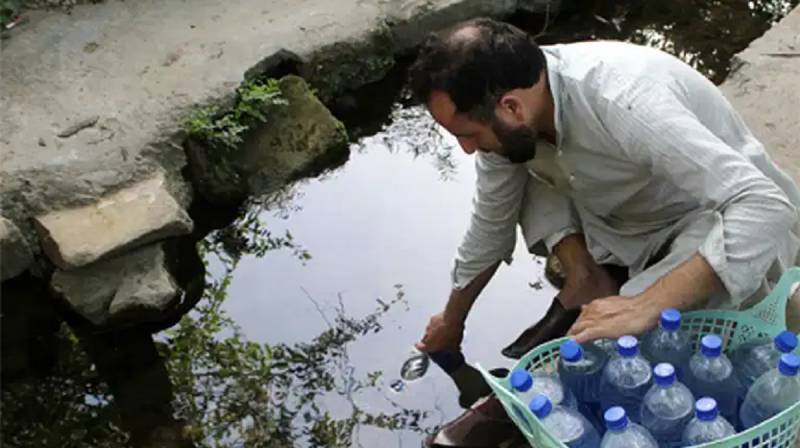
Neglecting your body's hydration needs can lead to kidney issues. This stems from the kidneys' vital role in upholding blood purity by sifting out surplus fluids, electrolytes, toxins, urea, creatinine, and ammonia. To execute these functions effectively, the kidneys rely on a substantial water intake. Electrolytes, encompassing positively and negatively charged ions like sodium Na+, potassium K+, calcium Ca2+, and magnesium Mg2+, as well as negative charges such as chloride Cl- and bicarbonate HCO3-, play a pivotal part in maintaining fluid balance, transmitting nerve signals, and facilitating muscle contractions and relaxation. Electrolytes are found in bodily fluids like blood, urine, and sweat.
However, as water levels dip during kidney filtration, the kidneys endure strain and shrinkage. This prompts heightened urine concentration, a measure to retain water due to dehydration—a shortage of water in the body. Unfortunately, electrolytes remain unfiltered, contributing to various problems including nerve and muscle complexities, pain, spasms, inflammation, and an elevated risk of inflammatory responses.
Dehydration manifests as a heavy head, tired eyes, and reduced physical performance. Clues to dehydration include pungent, dark, and burning urine. The severity of these signs corresponds to dehydration's extent. Consequences span high blood pressure, kidney dysfunction, kidney stones, discomfort, insatiable thirst, bad breath, recurring headaches or migraines, fatigue, weakness, dizziness, nausea, a lack of drive, accelerated heart rate, and even tremors during emergencies. These issues can culminate in a depleted physique and electrolyte imbalances.
Incorporating a daily intake of at least two liters (around two kilograms) of water can greatly mitigate these problems. With the human body composed of approximately 60% water, maintaining proper hydration is essential for daily activities. Those engaging in rigorous exercise or enduring heavy sweating might require more than two liters. As a rule of thumb, someone weighing 120 pounds (around 54 kilogrammes) needs about 60 ounces (around 1.7 litres) of water per day, equating to half an ounce for every pound. Remember, a pound contains 16 ounces, and a kilogram equals 2.20 pounds. Moreover, maintaining adequate body water levels is pivotal for stabilizing and harmonizing overall body temperature.
Moreover, kidneys play a crucial role in ferrying nutrients from food to the body through the bloodstream, aided by water. They also significantly contribute to maintaining the body's acid-base equilibrium. Similarly, sufficient water intake boosts red blood cell (RBC) count, ensuring balanced haemoglobin levels and mitigating risks like anaemia.
Lastly, the debate on choosing between hot and cold water hinges largely on personal preference, needs, surroundings, climate, and especially the season. Both options offer perks: cold water typically boasts more oxygen, while warm water aids digestion, soothes muscles, bolsters blood flow, and alleviates sore throats. A hot water bath can swiftly alleviate fatigue, whereas cold water rapidly quenches thirst and cools the body after exertion, promoting alertness during mornings and evenings.
However, it's imperative to remember that abrupt shifts in internal or external body temperatures can lead to illness. Such sudden changes might trigger flu-like symptoms, fever, or even induce a 'hot-cold' condition, potentially causing seizures, paralysis, and neurological issues. To avert these risks, refrain from consuming extremely cold water in hot weather and avoid cold baths. If caught in the rain, drink salted cold water and opt for a balanced bath to stabilise internal and external temperatures. Adhering to these precautions can help minimise potential harm.

